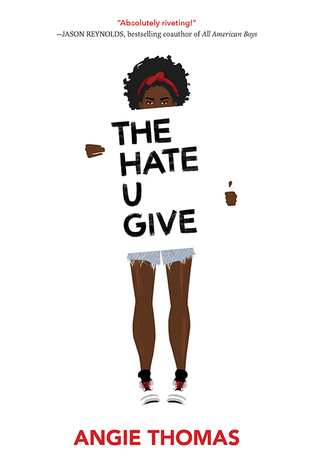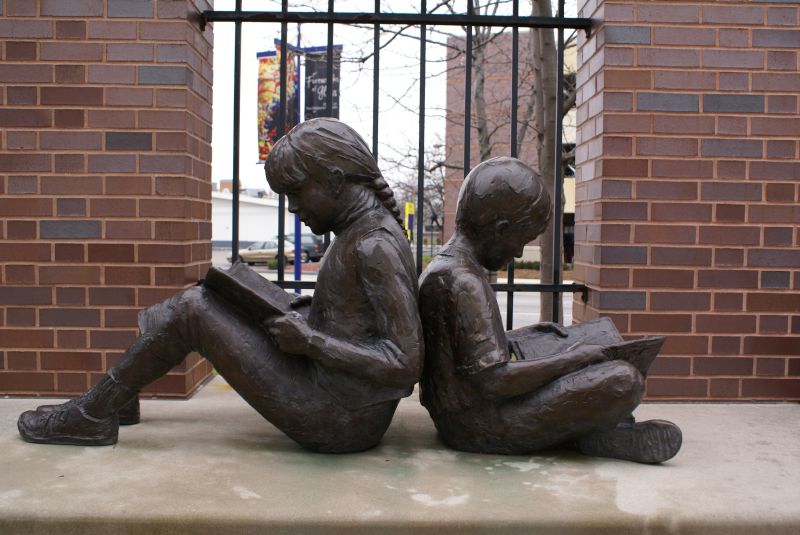 |
| Photo credit: Erik Schepers on Flickr |
I've gotten questions about that last point in particular, namely, how do you analyze the books you read to apply lessons to your own writing?
For me, I find that most of my analysis is passive. I'll quietly consider voice, tense, and stylistic choices as I read, really only paying close attention when it's an usual tense (second person, third person present, etc) or when the voice is very different from anything I've read before (Half Bad, The Hate U Give, and so on). When a book has a lot of POVs, I'll ask myself as I read why (and whether) each POV is necessary and whether or not I think it works. I'll sometimes find myself asking how I would improve a sentence—or if a sentence is really well-written, I'll sometimes re-read it and consider why I like it so much.
Then when I go back to my own writing, I kind of have two modes of applying what I've learned. When I specifically want to evoke a similar technique or stylistic thing, I'll sometimes open up the book I learned it from and re-read a section so it's fresh in my mind as I consider how I'll write. But most of the time, the lessons I've learned come out passively—they embed into my writing as I first draft, and more often as I revise and consider how to improve a manuscript. I'll often find that something especially reminiscent from a book will stick with me for years—even without re-reading—and as I write I'll occasionally recognize what book I learned a particular technique from.
I know some writers take notes when something sticks out to them from a book, and that's cool too—I could definitely see that paying off. But the passive application of just paying attention while I read and asking myself questions as I go along has worked well for me so far—and maybe it'll work for you too.
How do you learn from books you've read?
Twitter-sized bite:
How do you learn from books you've read? Join the discussion on @Ava_Jae's blog. (Click to tweet)




















